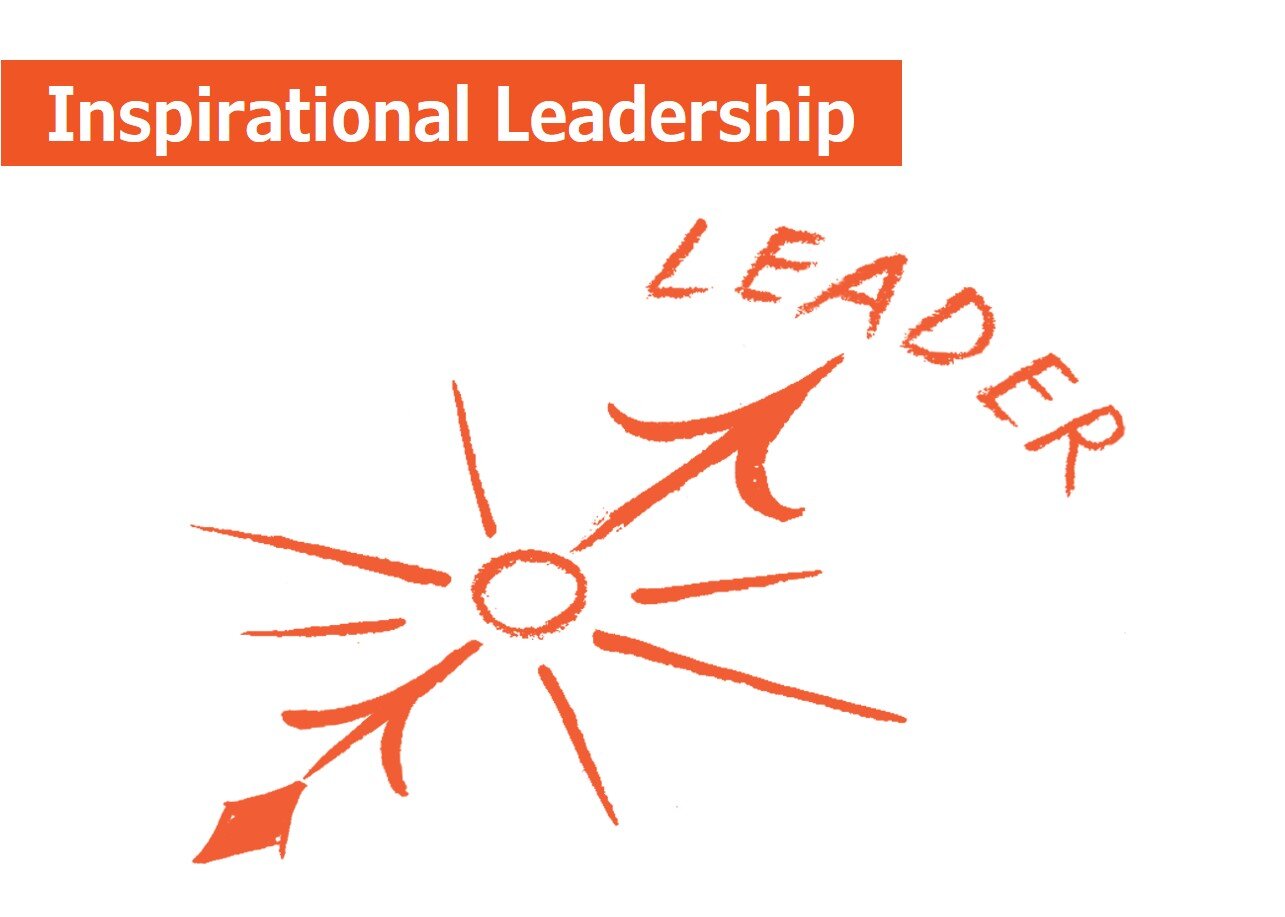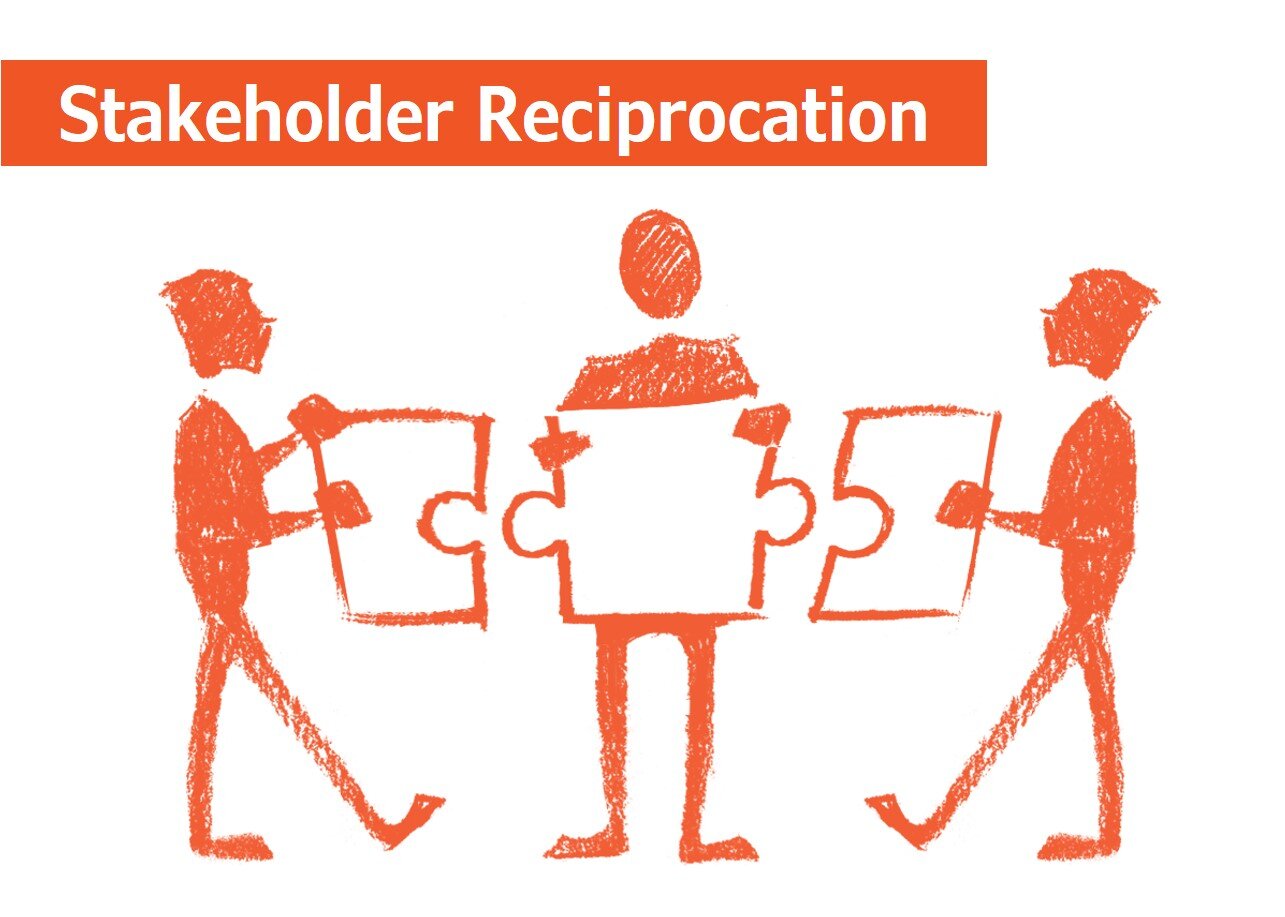Blog
Marie Kondoing your business
Marie Kondo is an organising consultant whose methodical approach to decluttering has grown a worldwide following over the past few years. Her practices are built around a simple, five-step process:
Discarding by category comes first.
Break a category into subcategories as necessary.
Keep only those things that spark joy.
After you’ve finished discarding, organise your space thoroughly and completely.
Do it all in one go.
There is an amount of detail behind each step, but the basic principle is to keep things that serve or bring you joy. Simple but liberating when applied…
Escaping the success trap
Is the gap between the business you want to create and reality growing?
Do you wish to develop you company but are unsure either of what improvements to make or how to implement them?
Are you frustrated because your efforts and outcomes seem imbalanced?
If any of these concerns apply, you may be caught in the success trap…
What elements of your business are most important in retaining stakeholders?
Stickiness refers to the commitment a person has to an organisation, cause, or belief. Having a high degree of stickiness will not only result in greater stakeholder retention, but also stakeholder engagement. Customers will spend more, employees will be more productive, and suppliers will be more collaborative. This is an effective attribute because finding new stakeholders is a greater drain on resources; this will also provide a more certain financial base to develop from…
Offering that little bit extra can be an effective long-term investment
Satisfied clients/customers might continue their relationship with your company, but there is always the possibility that they may choose one of your competitors with a more favourable offering. Therefore, the best way to retain their business is to delight them, going beyond what they would expect…
If you do not delight your stakeholders, you risk losing them
True reciprocal relationships are the most productive as loyalty and engagement are cultivated. Therefore, demonstrating your appreciation for your stakeholder will make these relationships longer lasting. If your clients, employees, or suppliers feel unrecognised or under-valued they will begin to consider your competitors…
Are you caught in the success trap?
During my work as a coach, one of the situations I come across most frequently is business owners and leaders that are operating profitable, growing companies but do not feel successful. There is a misalignment between what the numbers are saying and how things are really progressing both for them and their team. They fit the analogy of the swan well, where things seem serene above the water, but this is at odds with the stress and strains below which are maintaining momentum. I call this condition the success trap…
Finding pragmatic solutions to emerging challenges can separate you from your competitors
During the pandemic, most business have had to adapt their processes and offerings. This is particularly true for the health and fitness sector whose communal gyms and active spaces have been closed. Consequently, developing a service that could function without physical interaction became essential if great losses were to be avoided…
Tactical agility is essential to ensure your business can react productively to change
Strategy can be related to the longer-term mission and vision you want your company to achieve. Tactics are shorter-term actions that keep you aligned with whatever the current trends may be or the immediate challenges and opportunities you might have. Pricing, positioning, and proposition can be tactically adjusted to make sure the overall strategy is running effectively…
Empowering others can offer solutions you may never have considered
Black & Decker are a company who realised that by empowering their employees they could improve their current processes. Stocking a multitude of different products, Black & Decker’s sales staff must have a wide knowledge that covers their offerings. A two-week training period could get them to a reasonable standard where they had a basic knowledge…
Having trust in your colleagues and employees is a win/win situation
If a business wants to achieve sustained growth and improvement, responsibility must be shared effectively across it. Over reliance or one or a few leaders will result in a workload imbalance which will affect efficiency and productivity. Therefore, empowering different members of staff to hone and expand their skillsets is a good way to attain this…
Standing still is not an option if you want to continue improving your business
In all markets, evolving to match developing trends in necessary, but this is particularly relevant in the energy sector. OVO Energy are a good example of this, who have designed their long-term strategy in alignment with a programme of continuing revision…
A continual learning culture is essential if you want to achieve sustainable business growth
An established structure and strategy are important when running an organisation but developing new ideas should also be a focus. Becoming too comfortable, or reliant on the information and processes you already have can make your company sluggish in its reaction to changing circumstances, or emerging trends. This lack of agility can lead to stagnation, and beyond this decline. The most successful businesses challenge their current operations and invest in fresh initiatives to maintain or improve their performance…
What does your business do to engage its clients/customers?
Ben & Jerry’s are a company who recognise the importance of involving customers in their brand. They created the ‘Do the World a Flavor’ campaign that allowed members of the public to design their own ice cream, for the chance to see them sold on the high street.
In a specifically developed piece of software customers could choose the base flavour, chunks, swirls, and name of their unique creation. The recipes that were chosen would be released at Ben & Jerry’s outlets for a year, and standout successes such as ‘Cherry Garcia’ would continue to be produced…
How do you utilise your most loyal stakeholders?
To create engaged stakeholders you have to make them part of your brand story, so they feel aligned and involved with your mission. Cultivating these valuable relationships is important not just because retention will result in higher profits, but because of the high-quality marketing resource they represent…
Understanding the interests of each stakeholder group is one thing, managing them all effectively is another
The petrochemical company Shell recognise the importance of balancing their various stakeholder relationships. As environmental awareness rises, Shell must ensure they are satisfying a multitude of demands that not only keep their business running profitably, but also attend to evolving attitudes on natural resources…
How do you balance the interests of your different stakeholder groups?
Making each of your stakeholder relationships mutually productive can be challenging, but to balance them all is another complication. Businesses that achieve sustained improvement manage their stakeholder groups effectively, utilising their skillsets and satisfying their concerns…
Creating an offering with a distinguishable identity is a certain way to separate you from your competitors
A good example of company who seek to differentiate their product is Airstream. Airstream produce campervans and caravans which are designed to stand out from the crowd and embody the values of timelessness, convenience, and pleasure…
What makes your offering unique and therefore relevant to your client base?
Competing in a market is more demanding than simply equalling the basic services that other businesses provide. To truly grow and improve your position you must possess a differentiating factor that separates you from your competitors, this becomes your relevance. The greater the fit between the needs of your target audience and your offering, the more influential your advantage…
Kindness and empathy in leadership are important, now more than ever
Stories of success have certainly been overshadowed during the past year; however, one standout example of good news has been New Zealand’s effective coronavirus response, due in part to Prime Minister Jacinda Ardern…
Without trust and mutual understanding with your employees, being a leader is just a title
The traditional ‘strong’ and uncompromising leader figure seems outdated in a modern context. Today, leadership should be as much (if not more) about persuasion as rhetoric. I believe that the best way to encourage someone to their full potential is to make an emotional connection with them, whether this is trust, loyalty, or respect – I call this pathos persuasion…




















